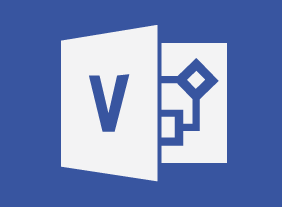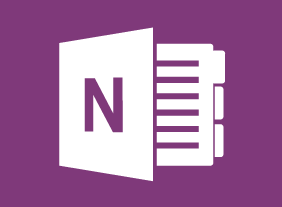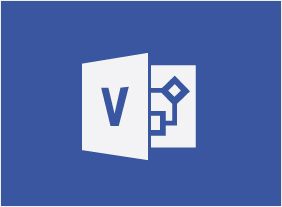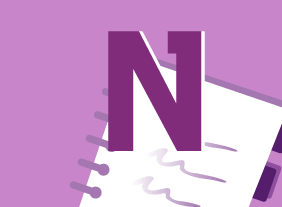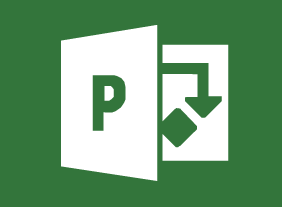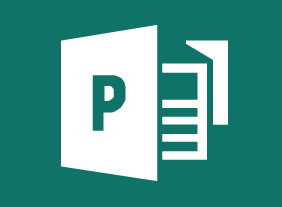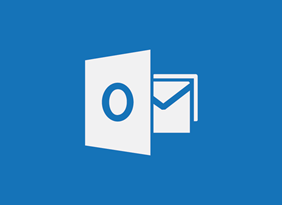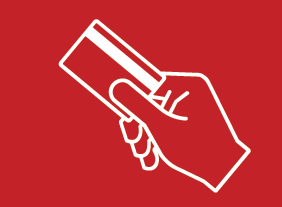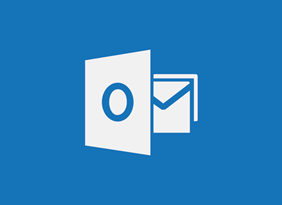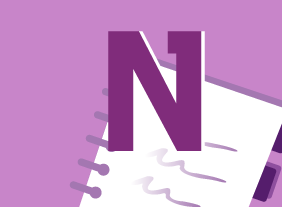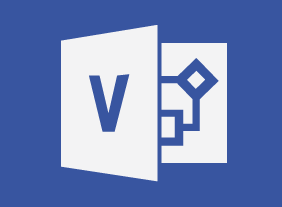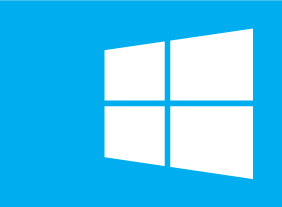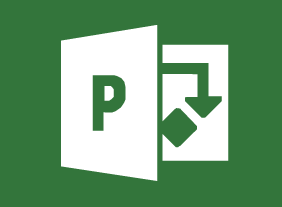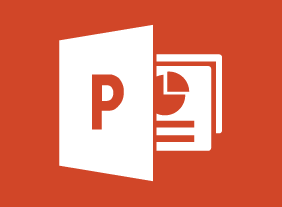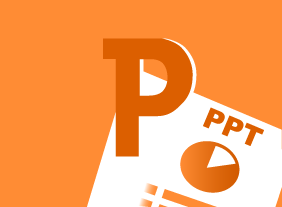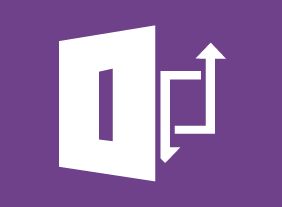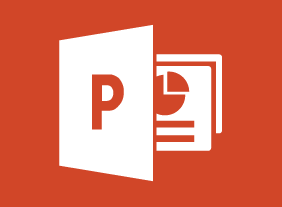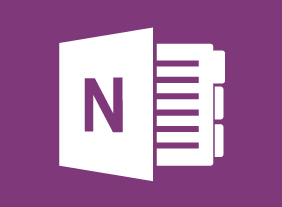-
Purchasing and Procurement Basics
$99.00In this course, you will learn the basics of purchasing and procurement. Youll receive an introduction to the supply chain, the purchasing cycle, and basic purchasing tools. Youll also learn about the competitive bidding process, how to manage supplier performance, risk management techniques, and ways to build relationships. -
Crisis Management
$99.00To begin this course, you will learn how to put the right people in place with a crisis management team and appropriate training. Then, you will learn how to identify and assess crisis risks, develop a response process, and gather appropriate resources. You will also learn how to respond to, document, and investigate crises; establish an emergency operations center; create a continuity plan; and recover from a crisis. -
Microsoft Excel Online: Formatting a Worksheet
$99.00In this course you will learn how to format text and cells, align cell contents, use Find & Select tools, and apply conditional formatting. -
Microsoft Word Online: Getting Started
$99.00In this course you will learn how to get started with Word Online, manage documents, work with text, find and replace text, change view options, and get help in Word Online. -
Creating a Dynamite Job Portfolio
$99.00In this course, youll learn about the different aspects of your job package, including your resume, cover letter, and job portfolio. Youll also receive a plan that will get you to a job in 60 days, techniques for writing thank-you notes, and tips for choosing your references. -
Microsoft Sway: Graphics and Design
$99.00In this course you will learn how to work with images, customize image display, and set design options.


